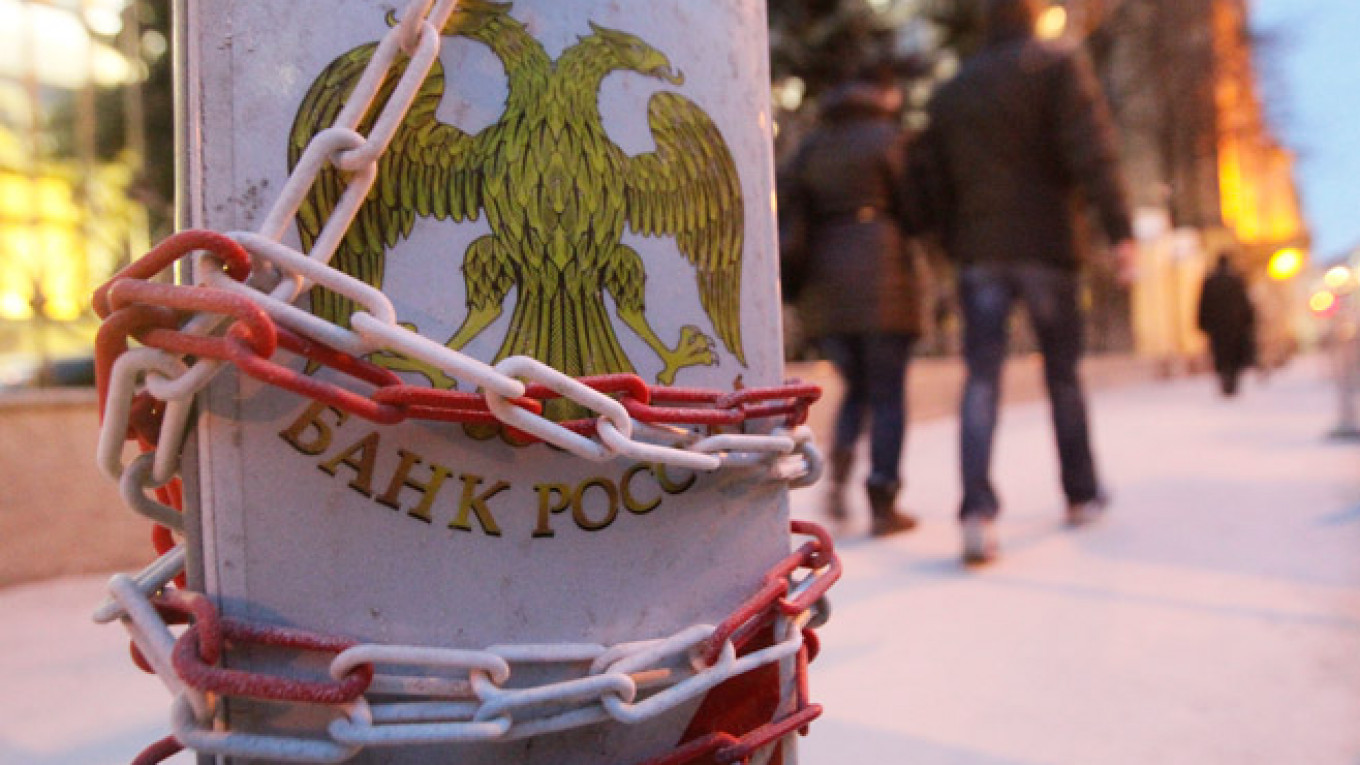The rapid growth of the Russian economy at the start of the 21st century was due to several factors, and only one of them was a planned initiative.
Neither the low "starting point" (it's easier to grow quickly after a severe recession) nor high oil prices were the result of actions taken by political leaders. They were simply lucky.
But the macroeconomic policy of conservative spending, creating reserve funds and protecting the Central Bank against lobbyists for inflationary financing was indeed the achievement of the president and the government.
Now that macroeconomic policy is in tatters. Reserve funds are less well protected than in the past, and entire sections of the budget have been out of control for a long time — just take a look at the ratio of planned versus actual financing in lobbyist-heavy industries.
But there are parts of the "economic front" where macroeconomic policy is holding steady. For example, inflation has decreased on average. This is due in part to the Central Bank's successful efforts to ward off attempts to finance business by printing money, even during the worst stages of the financial crisis.
The Central Bank has been able to avoid this trap because the implications of loaning money to desperate businesses is clear to everyone, especially given Russia's experience in the 1990s.
If a company can't get a loan on the market or through a commercial bank, that means giving it a loan is an unprofitable enterprise. If it's unprofitable for a commercial bank, it's unprofitable for the Central Bank as well. So that type of loan could only come through the use of political resources and is, in essence, the redistribution of government funds to private individuals: lightly camouflaged corruption.
A more complicated question is why the Central Bank can't be made to lower interest rates for all companies. Why is it "independent" by law? Why can't changes be made so that the president, parliament or some kind of political commission could tell bank leaders what rate to assign?
The independence of the Central Bank is based on long and painful experience. In many countries, political influence over monetary authorities has led to inflation. Though particularly noteworthy, our experience in the early '90s is just one example.
Simply because inflationary financing has no negative effects in the short term, making more money available (lowering interest rates, expanding the Lombard list, lowering requirements for reserve funds) always has a directly positive impact. At any moment, the economy minister, responsible for growth today, is happy with that. Business managers, receiving cheap loans today, are also happy.
But inflation kills growth, and a special legal mechanism was created to protect those responsible from political pressure to print more money: an independent Central Bank.
Now that Russia is experiencing hard times, with low growth rates and rising inflation, the Central Bank's independence is more important than ever. As officials seek to pull Russia's economy to safety, they would do well to remember that.
Konstantin Sonin is a professor and vice rector at the Higher School of Economics.
A Message from The Moscow Times:
Dear readers,
We are facing unprecedented challenges. Russia's Prosecutor General's Office has designated The Moscow Times as an "undesirable" organization, criminalizing our work and putting our staff at risk of prosecution. This follows our earlier unjust labeling as a "foreign agent."
These actions are direct attempts to silence independent journalism in Russia. The authorities claim our work "discredits the decisions of the Russian leadership." We see things differently: we strive to provide accurate, unbiased reporting on Russia.
We, the journalists of The Moscow Times, refuse to be silenced. But to continue our work, we need your help.
Your support, no matter how small, makes a world of difference. If you can, please support us monthly starting from just $2. It's quick to set up, and every contribution makes a significant impact.
By supporting The Moscow Times, you're defending open, independent journalism in the face of repression. Thank you for standing with us.
Remind me later.






